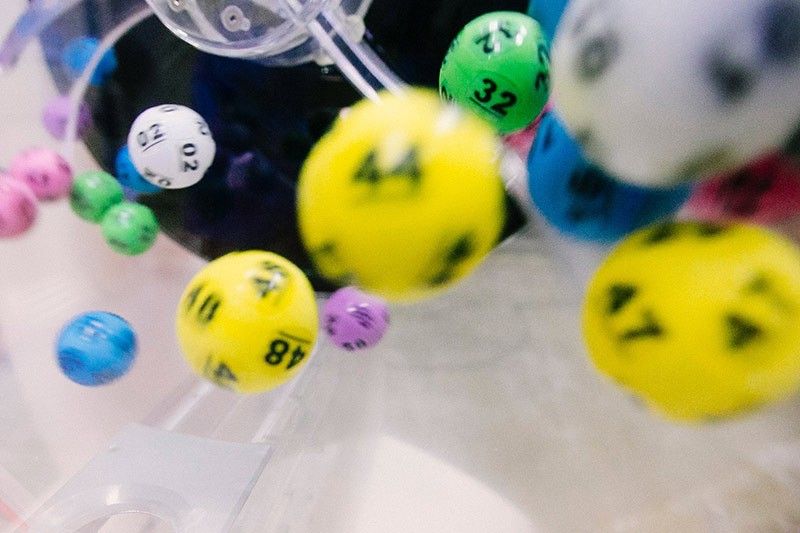The psychology of lottery play

The psychology of lottery play revolves around the concept of a rather unhelpful fallacy. This fallacy pertains to the mistaken idea that the likelihood of an event occurring with a fixed probability increases or decreases based on recent outcomes.
An example of this would be a person playing a game of dice who assumes that a particular number is about to come up after several unsuccessful rolls. However, this belief is false because the probability of rolling a specific number remains the same for each roll, and is utterly independent of both previous and future rolls.
This type of reasoning is commonly observed in gambling, including the lottery, where players may wrongly believe that they are more likely to win a large prize simply because their winning numbers have not yet been drawn.
The law of small numbers
This concept is rooted in an incorrect reliance on the law of small numbers, which suggests that small sets of data can be used to draw conclusions and that a reversion to the mean occurs much faster than predicted by the law of large numbers.
For instance, if a coin is flipped 50 times, there may be extended runs of either heads or tails. However, if the coin is flipped five million times, the ratio of heads to tails will be closer to 50/50.
A much larger dataset is required for a reversion to the mean to occur, which is not something that gamblers typically consider. This flawed reasoning is often related to our tendency to place too much trust in mathematics without fully comprehending it.
In everyday life, we use similar ideas to cope with situations that intimidate or scare us, such as the belief that lightning doesn't strike the same spot twice or the misconception that frequent flyers are more likely to experience a plane crash.
Casinos, on the other hand, deal in millions of variables and focus on large numbers to generate profits, while gamblers focus on shorter-term streaks.
Studies in lottery psychology
The phenomenon known as negative dependence is another curious habit among players. Here, the player chooses specific numbers and then sticks with them. However, when the number is drawn, they choose different ones.
This has been studied in relation to lottery play, particularly in a research article by Charles T. Clotfelter and Philip J. Cook entitled "The Gambler's Fallacy in Lottery Play" (1993).
The researchers analysed the data from a three-digit lottery game in the United States and found that the amount of money bet on a particular number decreased significantly after it was drawn and gradually returned to its previous level over a few months.
The study also discovered that players who had a preference for a specific number that was drawn tended to switch to a different one in subsequent draws, and some even stopped playing for a period of time.
Famous examples of gambler’s fallacy in action
1. Venetian Horror
The dangers of the gambler's fallacy were starkly demonstrated in the Venice Lottery of 2005, which resulted in both financial and personal ruin for many. Hundreds of Italians began placing bets on the number 53 simply because it had not been drawn in an unusually long time.
An estimated 3.5 billion Euros were wagered on this elusive digit, with some individuals even risking their life savings due to the mistaken belief that the odds of 53 being picked had somehow increased.
This obsession with the number 53 became a nationwide phenomenon and tragically resulted in a number of suicides, murders and bankruptcies. A consumer group even urged the government to ban the number in an effort to end the country's "collective psychosis."
When the number finally appeared after two years, the resulting wins were estimated to have cost the Italian state approximately 600 million Euros.
2. Le Grande Folly
Another notable instance of the gambler's fallacy took place in 1913 at Le Grande Casino in Monte Carlo.
While playing roulette, players began to notice that the ball was landing on black repeatedly. This piqued the interest of onlookers, who started to place their bets with the belief that the ball was more likely to land on red since it had landed on black so many times.
However, this assumption was false. It took a total of 26 spins of the wheel before the ball finally landed on red, resulting in millions of francs in lost bets.
The flawed reasoning inherent in the gambler’s fallacy can be attributed to our tendency to have blind faith in mathematics without a complete understanding of it.
This tendency also permeates our everyday life, where it is often used to help us cope with things that intimidate or scare us. For example, the belief that lightning doesn't strike the same place twice or the mistaken notion frequently held by air travellers that they will eventually be involved in a plane crash due to the number of flights they've taken.
These examples illustrate how online casinos and lottery companies can generate such large profits. While gamblers and gamers may be inclined to think in terms of streaks of 5, 10 or 15, casinos specialize in millions of variables and carefully manipulate these large numbers to their advantage.



















